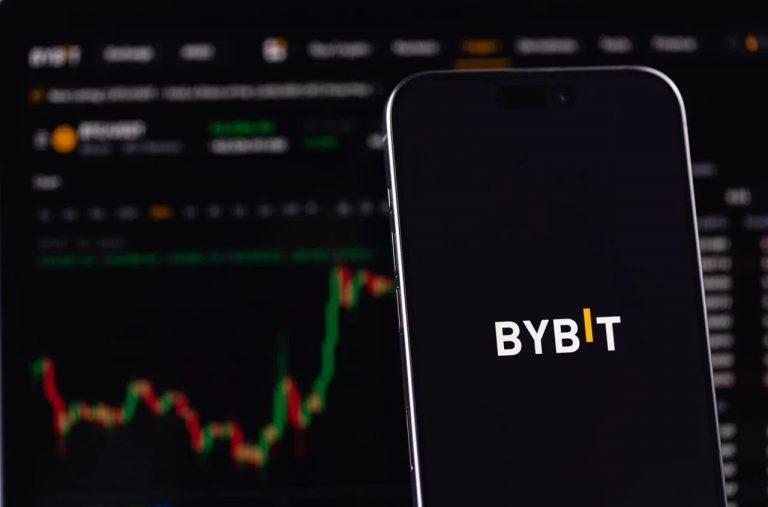
Bybit, a major cryptocurrency exchange, has secured a Markets in Crypto-Assets (MiCA) license from Austria’s Financial Market Authority (FMA), allowing it to operate as a regulated crypto asset service provider (CASP) across the European Union. This approval, granted to Bybit EU (registered under commercial number 636180i), enables the exchange to expand its presence in all EU member states through a single regulatory passport.
Bybit has also established its European headquarters in Vienna, leveraging Austria’s crypto-friendly environment. This move positions Bybit alongside competitors like Bitpanda, enhances its regulatory credibility, and aligns it with the EU’s MiCA framework, which became enforceable in early 2025 to promote transparency and investor protection. Bybit’s acquisition of a MiCA license from Austria’s Financial Market Authority (FMA) carries significant implications for the cryptocurrency exchange, the European crypto market, and the broader regulatory landscape.
The MiCA license allows Bybit to operate as a regulated Crypto Asset Service Provider (CASP) across all 27 EU member states via a single regulatory passport. This eliminates the need for separate licenses in each country, streamlining operations and reducing compliance costs. Bybit can now offer a full range of crypto services, including trading, custody, and portfolio management, to EU customers under a unified regulatory framework.
Register for Tekedia Mini-MBA edition 19 (Feb 9 – May 2, 2026).
Register for Tekedia AI in Business Masterclass.
Join Tekedia Capital Syndicate and co-invest in great global startups.
Register for Tekedia AI Lab.
The license positions Bybit as a compliant and trustworthy player in the eyes of institutional and retail investors, aligning it with competitors like Bitpanda, which also holds a MiCA license. Compliance with MiCA’s stringent requirements—such as consumer protection, anti-money laundering (AML), and counter-terrorism financing (CTF) measures—bolsters Bybit’s reputation in a market increasingly wary of unregulated platforms.
Establishing its European headquarters in Vienna leverages Austria’s crypto-friendly regulatory environment and growing fintech ecosystem, giving Bybit a competitive edge over exchanges operating in less favorable jurisdictions. The move signals Bybit’s intent to capture a significant share of the EU’s growing crypto market, projected to expand as MiCA fosters a more stable and transparent environment.
Bybit’s entry as a MiCA-compliant exchange could increase competition, potentially driving innovation, lowering fees, and improving service quality for EU crypto users. The license may encourage other major exchanges to pursue MiCA compliance, accelerating the professionalization of the EU crypto sector and attracting institutional capital.
Bybit’s compliance with MiCA, one of the world’s most comprehensive crypto regulatory frameworks, sets a precedent for other jurisdictions. It may pressure non-EU regulators to align with MiCA’s standards to remain competitive. The license could serve as a model for Bybit to navigate regulatory frameworks in other regions, enhancing its global expansion strategy.
Regulated exchanges like Bybit and Bitpanda gain a competitive advantage, attracting users and institutional investors who prioritize security and compliance. MiCA-compliant platforms are likely to dominate in the EU as trust becomes a key differentiator. Unregulated or offshore exchanges may lose market share in the EU, as MiCA’s enforcement (effective early 2025) imposes strict penalties for non-compliance. Smaller platforms lacking resources to meet MiCA standards may exit the market or face restrictions.
The EU benefits from a safer, more transparent crypto market, potentially attracting more retail and institutional participation. Countries like Austria, with proactive regulatory approaches, stand to become crypto hubs. Jurisdictions with unclear or restrictive regulations (e.g., parts of the U.S. or Asia) may see capital and talent flow to the EU, where MiCA provides clarity and stability. Large exchanges like Bybit, with the resources to navigate complex regulatory processes, can scale operations and capture market share.
Smaller crypto firms, startups, or decentralized finance (DeFi) platforms may struggle to meet MiCA’s compliance costs, potentially stifling innovation or pushing them to operate outside the EU. EU crypto users gain access to safer, regulated platforms with enhanced protections against fraud and market manipulation. Institutional investors may feel more confident entering the market. Users in jurisdictions without clear regulations may face higher risks, and those relying on unregulated platforms may lose access to certain services as exchanges prioritize MiCA compliance.
The MiCA license reflects a broader trend toward global crypto regulation, with the EU leading the way. Bybit’s move underscores the divide between jurisdictions embracing regulation (like the EU and Austria) and those lagging behind, as well as between well-funded exchanges and smaller players. While MiCA fosters a more mature market, it may also create barriers for smaller firms and decentralized platforms, potentially reshaping the competitive landscape and user access to crypto services.



